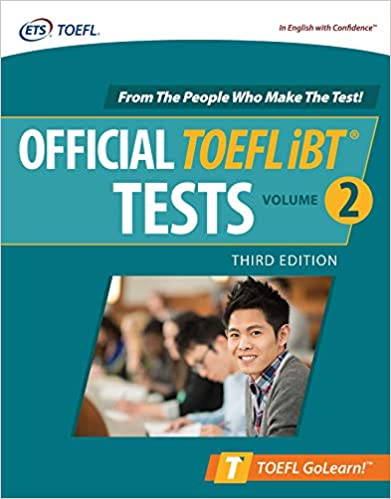If you’re applying to an undergraduate program, you will probably have to submit scores for both the TOEFL and the SAT (or ACT). In some ways, this system is redundant: as I mentioned in my post on standardized test writing sections, there’s practically no difference when you compare the independent task on the TOEFL vs. SAT essay. Nevertheless, most programs require international students to report their scores on both.
What’s the point of requiring two test scores?
To choose which applicants should be admitted, the admissions office has to compare all the applicants to each other. They do this by looking at each candidate’s transcript, test scores, admissions essay(s), resume, and references. Test scores are the only one of these criteria that is standardized—that is, the only criterion that allows for easy comparison of all applicants. But it’s not really fair to compare international students with all the other candidates without taking into consideration that many of them may have no experience with American-style education or may have limited English skills. So to make things more fair, international students are compared not only to the general pool of applicants (with the SAT), but also to other international students (with the TOEFL). This way, the admissions department can compare your TOEFL vs. SAT scores and get an idea of your reasoning abilities without putting you at a huge linguistic disadvantage.
What information does each test give the admissions department?
The SAT is designed to determine how well you think. In theory, you don’t need any background information to complete the test (although if you don’t have a fairly advanced vocabulary and know some algebra and geometry, you’re going to have a bad time). It has three sections: verbal, math, and writing. Each section is worth 800 points, for a total of 2400 possible points.
TOEFL vs. SAT Reading and Vocabulary Comparison
The verbal section of the SAT tests your vocabulary and reading comprehension skills. The vocabulary (fill-in-the-blank) questions sometimes use pretty difficult words. The goal of the TOEFL is to see whether you will survive in a college classroom; the goal of the SAT is to see how you deal with advanced vocabulary that may not be in everyday usage, even in an academic setting. The reading passages are less likely to be scientific in nature on the SAT than on the TOEFL, although both tests will require similar skills of interpretation and inference. The best way to develop and strengthen these skills is to practice as much as possible.
TOEFL vs. SAT Writing Comparison
Unlike the current TOEFL, the SAT has a section that tests your grammar and editing skills. You’ll be asked to improve sentences and paragraphs that may contain fragments, hanging modifiers, and other incongruities that can interfere with communication. In some questions, you will be asked to indicate the part of a sentence that contains an error, but you will not have to say what that error is. It may seem strange that the test for all college applicants tests your grammar whereas the test for non-native speakers does not, but this may work to your advantage: because you’ve been studying English as a second language, you may find it easier to identify and correct sentence errors than many native speakers, some of whom pay little attention to advanced grammar and stylistics.





